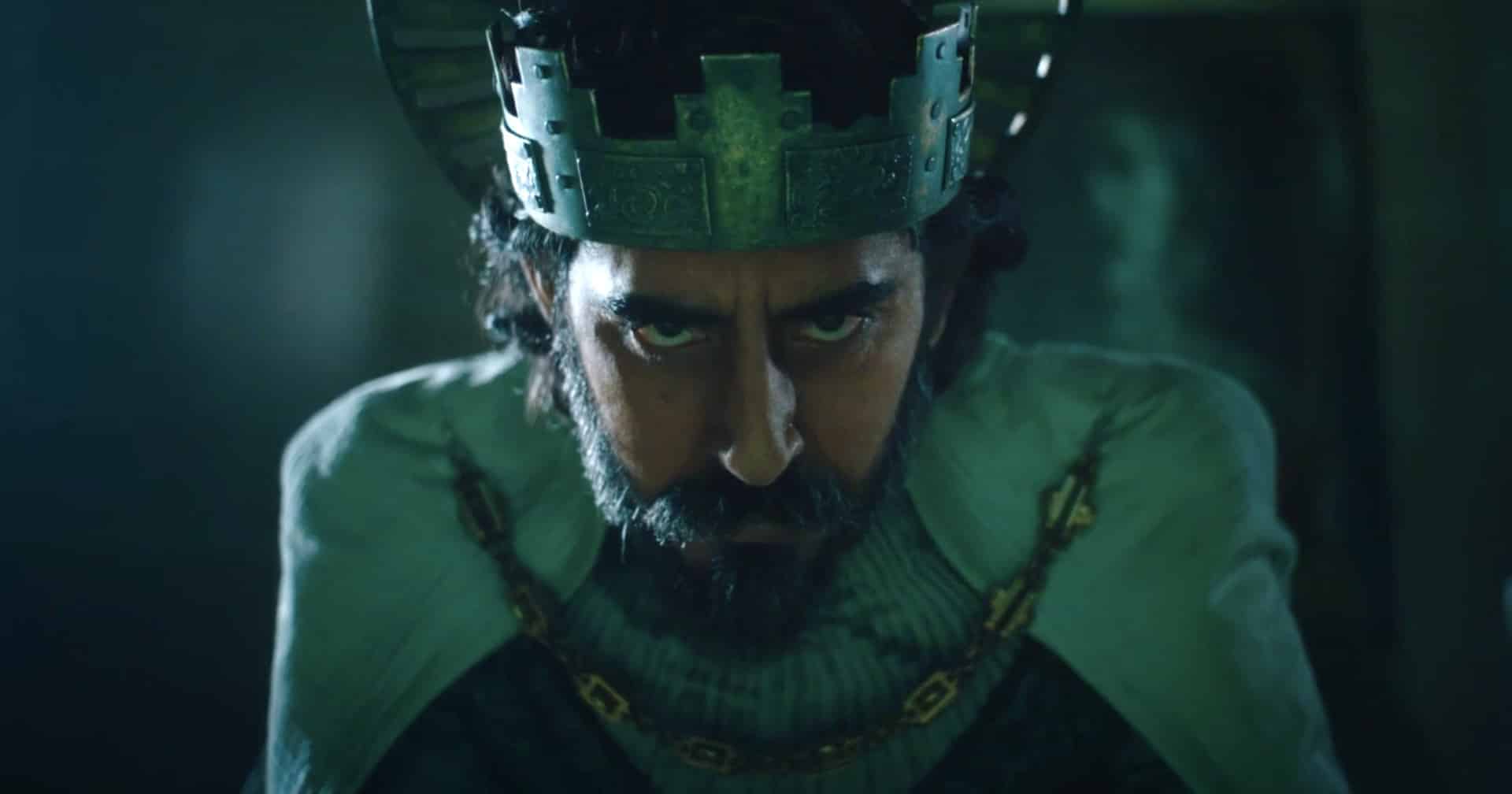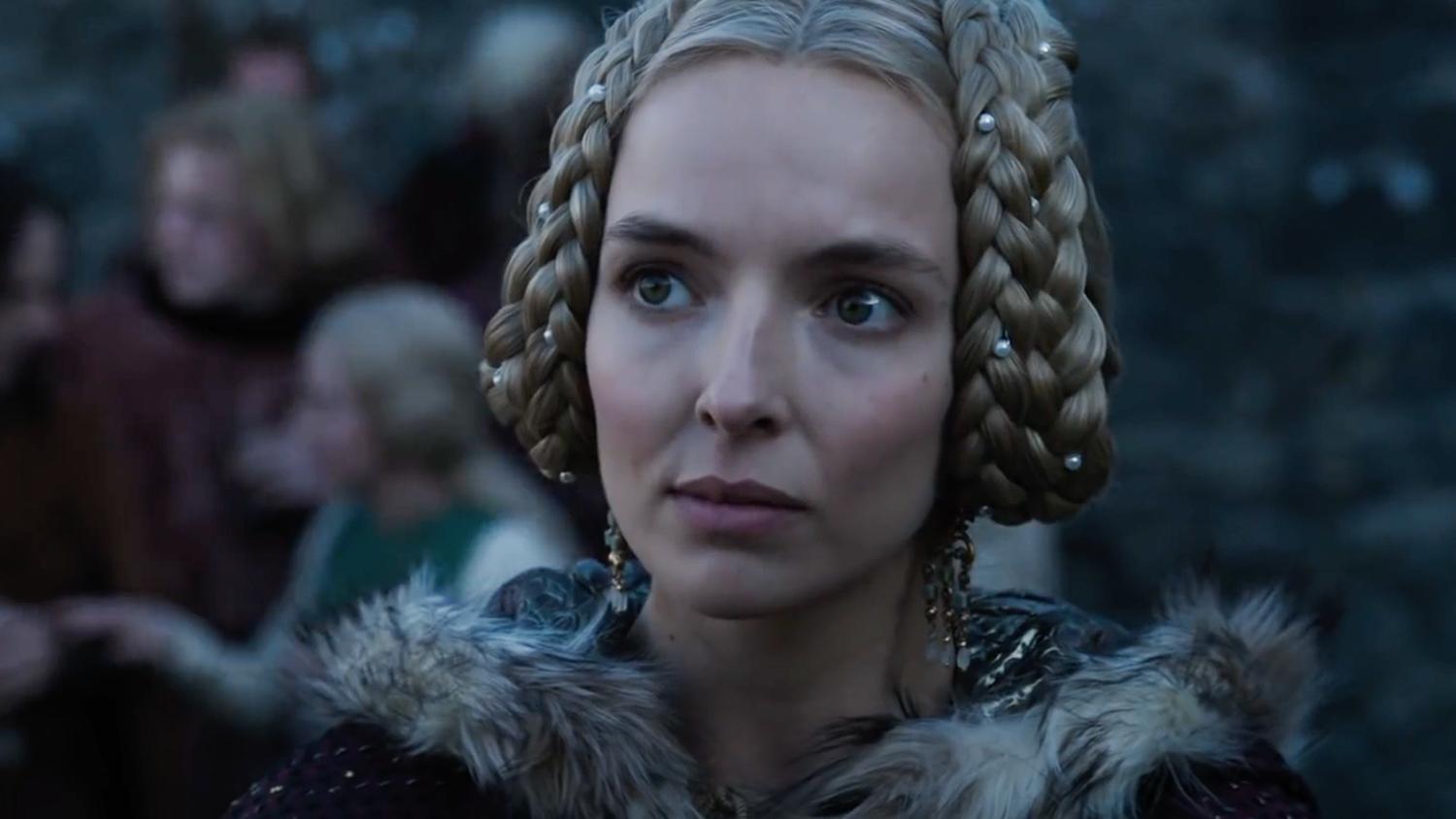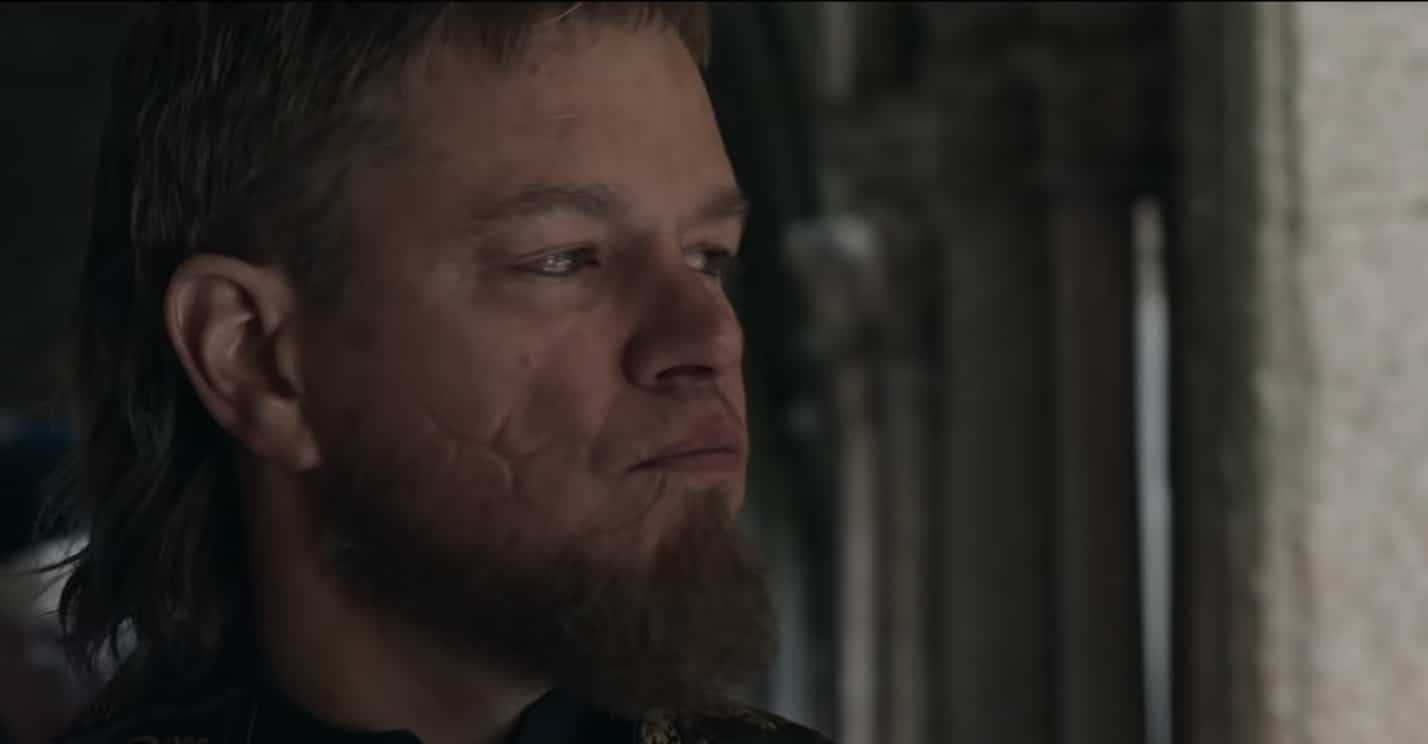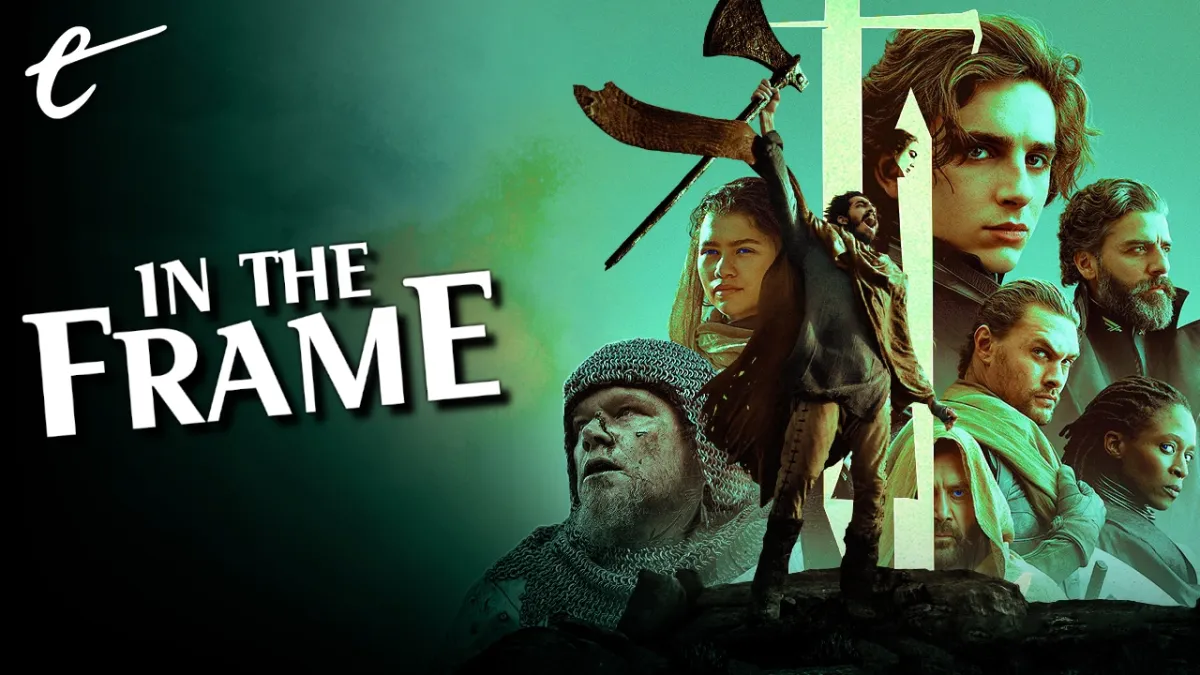The sweeping epic has long been a staple of Hollywood moviemaking.
Gone with the Wind remains the highest-grossing movie of all time, adjusted for inflation. It’s notable that, adjusted for inflation, epics like Titanic, The Ten Commandments, Doctor Zhivago, and Ben-Hur all rank ahead of Avengers: Endgame at the all-time box office. For a stretch in the middle of the 20th century, these sorts of epics dominated the box office: Samson and Delilah, Quo Vadis, The Ten Commandments, Ben-Hur, and even Cleopatra were all the top-earners of their respective years.
Of course, like all trends, these things come in cycles. With the emergence of big blockbusters in the 1980s, there was an awkward attempt to hybridize these spectacle-driven epics with Star Wars-inflected science-fantasy in movies like Flash Gordon and Dune, but that never really took off. Still, there was a resurgence at the turn of the millennium, perhaps prompted by the smash success of 1990s blockbusters like Robin Hood: Prince of Thieves and Dances with Wolves.
The old-fashioned sweeping epic seemed to make a comeback with Gladiator, a movie that played as a loving celebration of the very idea of Hollywood spectacle. Gladiator was a box office smash and awards juggernaut, and it appeared to signal that there was an appetite for these sorts of films from both audiences and studios. However, Gladiator was just the starting pistol for a miniature revival of the genre.
Peter Jackson’s Lord of the Rings trilogy was a game changer. Stanley Kubrick (and many others) had considered J.R.R. Tolkien’s fantasy epic to be “unfilmable,” but Jackson distilled the epic trilogy into three films that grossed a total of $2.9 billion. By 2005, two years after the final entry in the series, the three films were all ranked among the 17 highest-grossing movies of all time at the domestic box office. Return of the King won 11 Oscars, tying with Titanic and Ben-Hur for the most wins ever.

However, these successes never quite coalesced into a trend. Jackson followed the Lord of the Rings trilogy with a trilogy adapting The Hobbit. While the three films performed well, they didn’t quite compare to the original trilogy. The three Lord of the Rings films all rank among the 100 highest-grossing movies of all time adjusted for inflation, with the Hobbit films scattered from 218 to 310. Critical reviews were appreciably weaker, and none of the films dominated awards season.
Hollywood faced a similar challenge trying to replicate the success of Gladiator. To this day, there are constant rumors about a possible sequel to Gladiator. However, Ridley Scott’s attempt to recapture the success of Gladiator with Kingdom of Heaven was a financial flop and (in its theatrical form, at least) a critical disappointment. Hollywood seemed eager to make these sorts of movies, but it didn’t seem like audiences were interested in going to see them.
The failure of Kingdom of Heaven was not a unique occurrence. The past couple of decades have seen many of these sorts of epics disappoint critically and commercially: Antoine Fuqua’s King Arthur, Paul W.S. Anderson’s Pompeii, Guy Ritchie’s King Arthur: Legend of the Sword, Marcus Nispel’s Conan the Barbarian. This trend is interesting because Hollywood kept trying to find ways to make these sorts of films work despite constant disappointment.

Viewed in hindsight, this attempted revival of old-fashioned historical and fantasy epics might have suffered because audiences wanted a different sort of blockbuster experience. It’s worth contrasting the box office performance of a more traditional epic like Master and Commander: The Far Side of the World to the same year’s more fantastical blockbuster, Pirates of the Caribbean: The Curse of the Black Pearl. There is a reason why Disney churned out four sequels to Pirates of the Caribbean.
Gladiator and the Lord of the Rings trilogy managed to connect with audiences as the modern superhero genre was just finding its feet thanks to Sam Raimi’s Spider-Man or Bryan Singer’s X-Men. The modern superhero film had yet to crystallize into its final form. In contrast, each Hobbit film in its year of release was outgrossed by two or more superhero films: The Avengers and The Dark Knight Rises, Iron Man 3 and Man of Steel, and Guardians of the Galaxy, Captain America: The Winter Soldier, and X-Men: Days of Future Past.
As the blockbuster landscape shifted, these sorts of epics migrated to television alongside the mid-budget adult-oriented movie. Game of Thrones demonstrated that it was possible to do medieval fantasy on the scale of Lord of the Rings on television. More to the point, Amazon has committed to a long-term plan to re-adapt Lord of the Rings as a streaming series. Shows like Black Sails, Vikings, Outlander, Spartacus, and The Borgias scratched that sort of itch in less high-profile manner.
Still, there were interesting things happening at the margins of this attempted cinematic revival. Darren Aronofsky’s Noah and Ridley Scott’s Exodus: Gods and Kings both offered provocative takes on the traditional biblical epic in 2014. Both movies failed to connect with audiences but offered a provocative twist on the classic biblical template. They presented a much more ambivalent and unsettling depiction of the Old Testament than classics like The Ten Commandments or Ben-Hur.

Noah and Exodus (and arguably Aronofsky’s follow-up mother!) presented a vision of God that was at best indifferent and at worst actively hostile to human existence, marking a clear departure from more traditional portrayals of these stories. What’s particularly notable about these (controversial) modern reimaginings of the biblical epic is the way in which they reflected broader and overlapping cultural trends.
The anxieties of Noah and Exodus are reflected in other films from the same period, like Zack Snyder’s Man of Steel or Gareth Edwards’ Godzilla. Indeed, Exodus is arguably of a piece with Ridley Scott’s two Alien prequels, Prometheus and Alien: Covenant. These blockbusters might be described as “the nouveau pop biblical epic,” stories couched in religious iconography about forces operating at levels far beyond mankind with little concern for how their decisions impact mere mortals.
This is perhaps the key. These old-fashioned epics began to exert an influence on the kind of blockbusters being produced. Thor: The Dark World was helmed by veteran Game of Thrones director Alan Taylor, who suggested Marvel Studios was “ready to embrace a slightly more historical attitude” to the property. Working on Endgame, visual effects supervisor Matt Aiken acknowledged they used “some of the same techniques” employed on the Lord of the Rings trilogy.
Zack Snyder’s work on Batman v Superman and Justice League drew heavily from Arthurian legend: the magic blade in the water, the “big round table,” even the battle with monstrous offspring. Snyder wears this debt on his sleeve, with the murder of the Waynes taking place after a screening of John Boorman’s Excalibur. A deleted plotline involving a love triangle between Superman (Henry Cavill), Lois Lane (Amy Adams), and Batman (Ben Affleck) would have cemented these associations.

Perhaps this embrace of the tropes and language of the old-fashioned epic in modern blockbusters like Endgame and Zack Snyder’s Justice League signals that genre might be due a comeback. Certainly, Snyder has expressed interest in directing his own take on the classic King Arthur myth.
Denis Villeneuve’s Dune is obviously a science fiction film set in the far future, but Frank Herbert’s novel drew from inspirations like T.E. Lawrence and embraced a “medievalism” that appears to carry over to the film. There is a more literal medievalism at play in films like David Lowery’s The Green Knight or Ridley Scott’s The Last Duel. Netflix invested heavily in the genre with David Mackenzie’s Outlaw King and David Michôd’s The King. There is an upcoming sequel to Master and Commander.
Time will tell whether this wave of films has the staying power to coalesce into a larger trend, whether these films can collectively revitalize and reinvigorate an older form of Hollywood filmmaking. Many of these historical epics — whether biblical or Arthurian — are predicated upon the promise of an eventual return and restoration. It remains to be seen if that promise can be kept.





